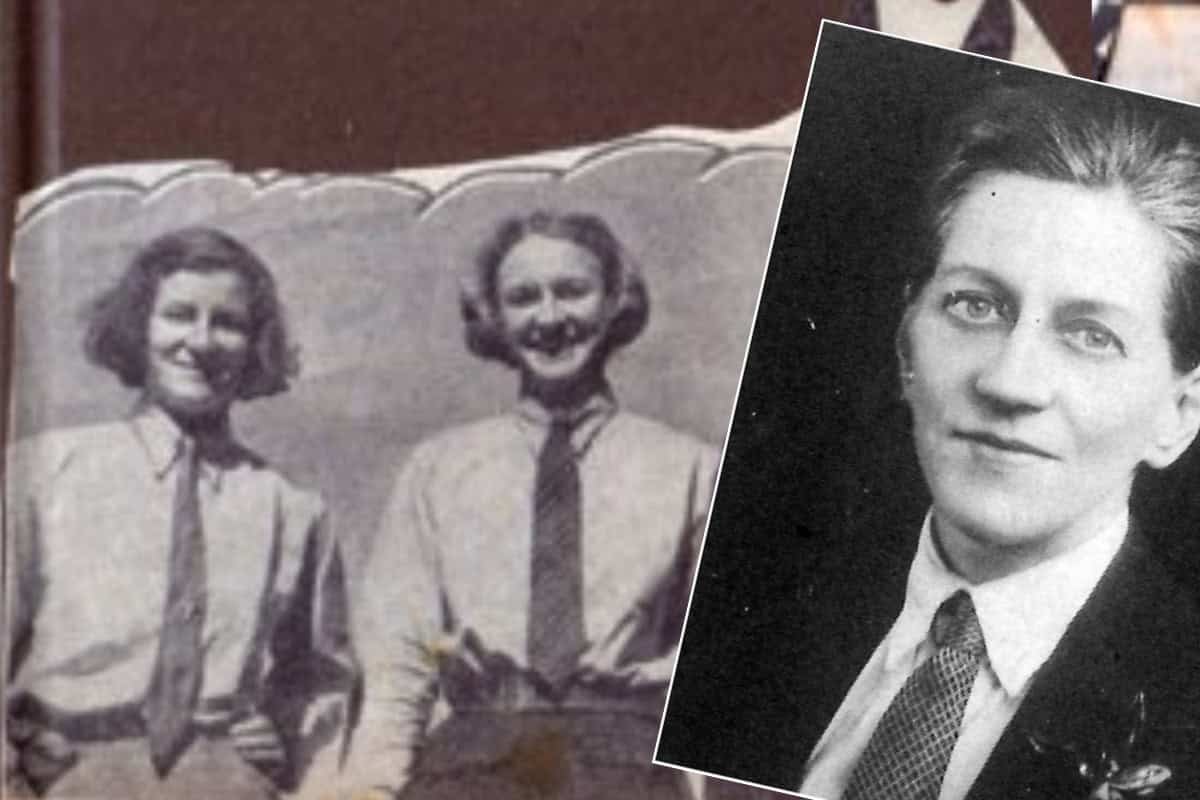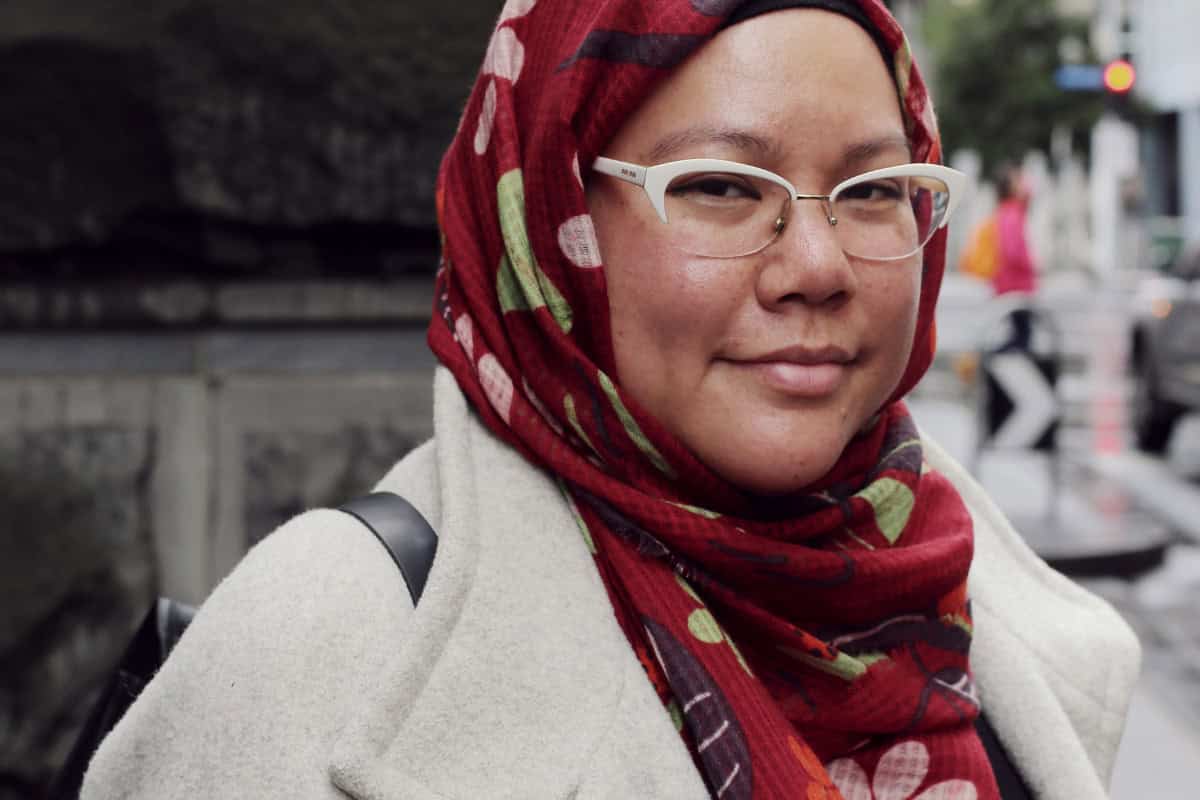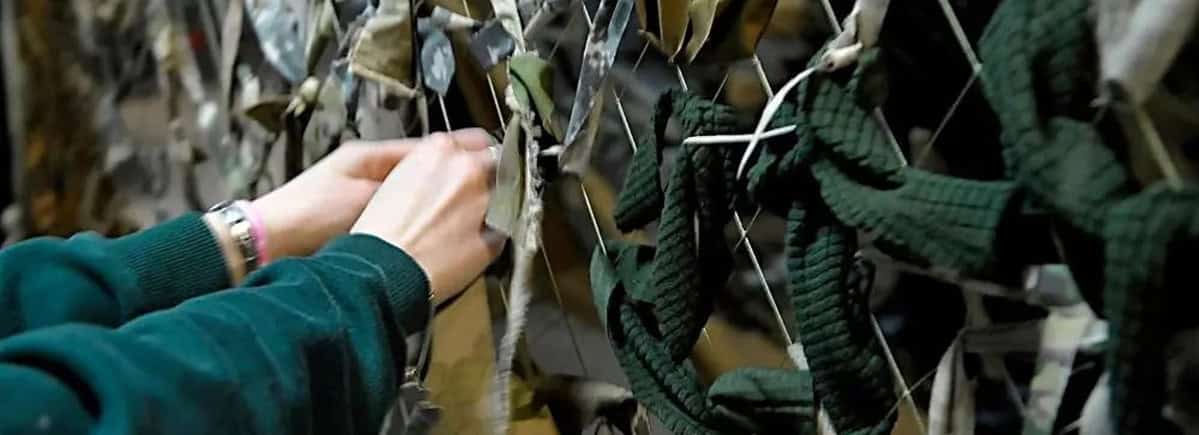
We engage with war more now than ever before — once, we may have only seen footage of war through news outlets. Before that, the effects of war were communicated by mail, radio and telegrams.
Now anyone with an internet connection can easily find live-streamed content from a warzone, connect with people and humanitarian groups, and spread awareness about war crimes.
Digital communication is a new frontier
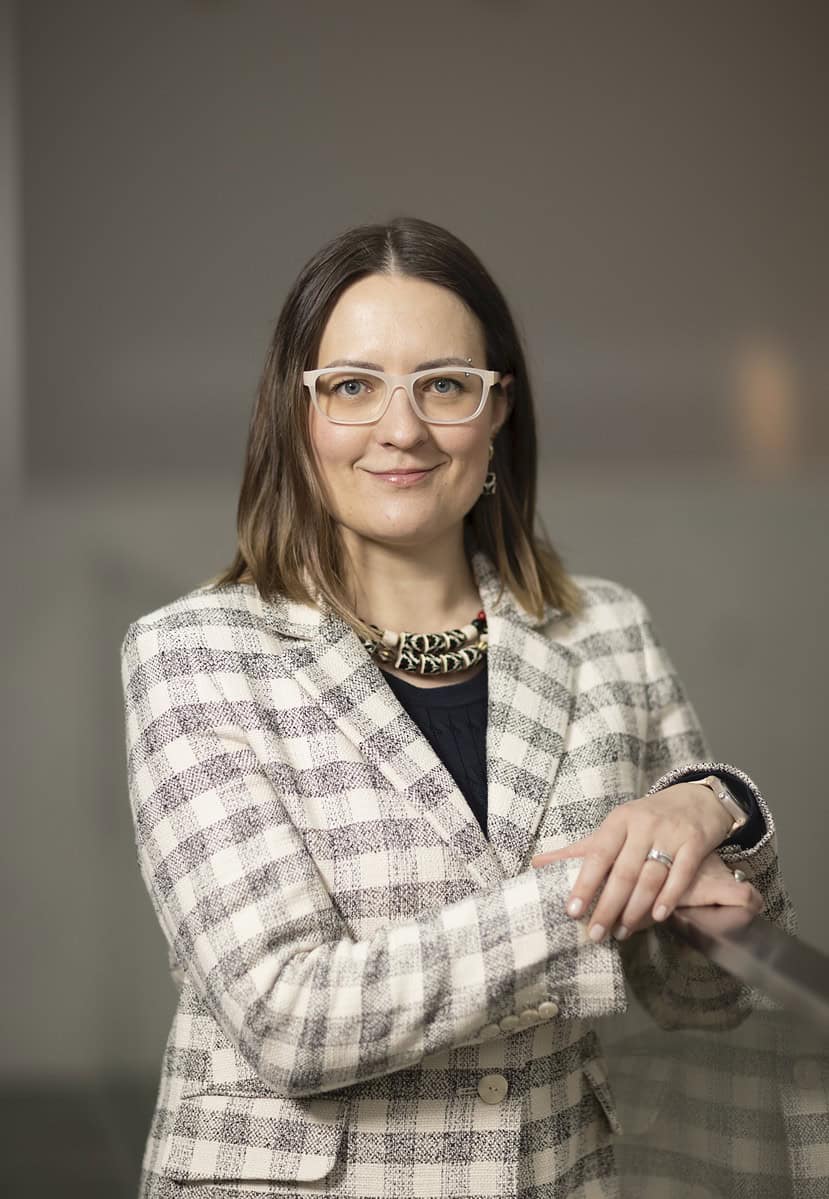
For Dr Olga Boichak, the internet was central to her experience of the 2014 Revolution of Dignity in Ukraine — the largest democratic mass movement in Europe since 1989.
‘Very quickly, I noticed how digital communication became a dominant cultural form of communication for activist communities,’ she reflects. ‘I was really interested in understanding media-driven social transformations deeper, and that motivated me to apply for a Fulbright Fellowship.’
Under the Fulbright Fellowship, Dr Boichak travelled to the United States, where she completed her Masters and PhD, which focussed on social media’s role in facilitating ‘unstructured, informal but very efficient’ volunteer movements, particularly in Ukraine.
Five years ago, Dr Boichak accepted a position at the University of Sydney, where she continued researching social media across the participative war spectrum — which refers to the fact that anyone with an internet connected device can participate in wars in different ways, for example by sharing information, mobilising people for humanitarian support or engaging in open-source intelligence.
The weaponisation of internet connectivity
‘When Russia annexed Crimea, the first thing they did was replace the internet cables,’ Dr Boichak explains.
‘All that data was then rerouted through Russia. Utilisation of this infrastructure in that way is something we have not seen in previous wars, but that is definitely a strategy that will be used in the future because of society’s reliance on the internet.’
‘It is the most significant transformation, and the utilisation of these technologies is being used in contemporary wars in a way that is unprecedented.’
Earlier this year, Dr Boichak received an Australian Research Council Discovery Early Career Researcher Award to continue her research on ‘how weaponisation of information and communication technologies affects territorial integrity of sovereign democratic states’.
‘Communication infrastructures historically are built in the service of the colonialism, and this is what connects my project to Australia. Australia has had tremendous colonial violence in the past. It’s important for our communication infrastructures to not cause harm to those who use them.’
Meme-ification of modern warfare
Memes — humorous internet jokes that are spread rapidly — are also a key element of Dr Boichak’s research.
‘One of my most fascinating projects has been looking at the role of memes in debunking misinformation,’ Dr Boichak says. ‘Fact-checking works to an extent but most people who share misinformation don’t rely on reason or facts. Memes are a very interesting way to ridicule the disinformation without engaging with trolls.’
‘I’ve seen a lot of online disinformation campaigns where ridicule through the use of memes may be just as effective as debunking or fact-checking.’
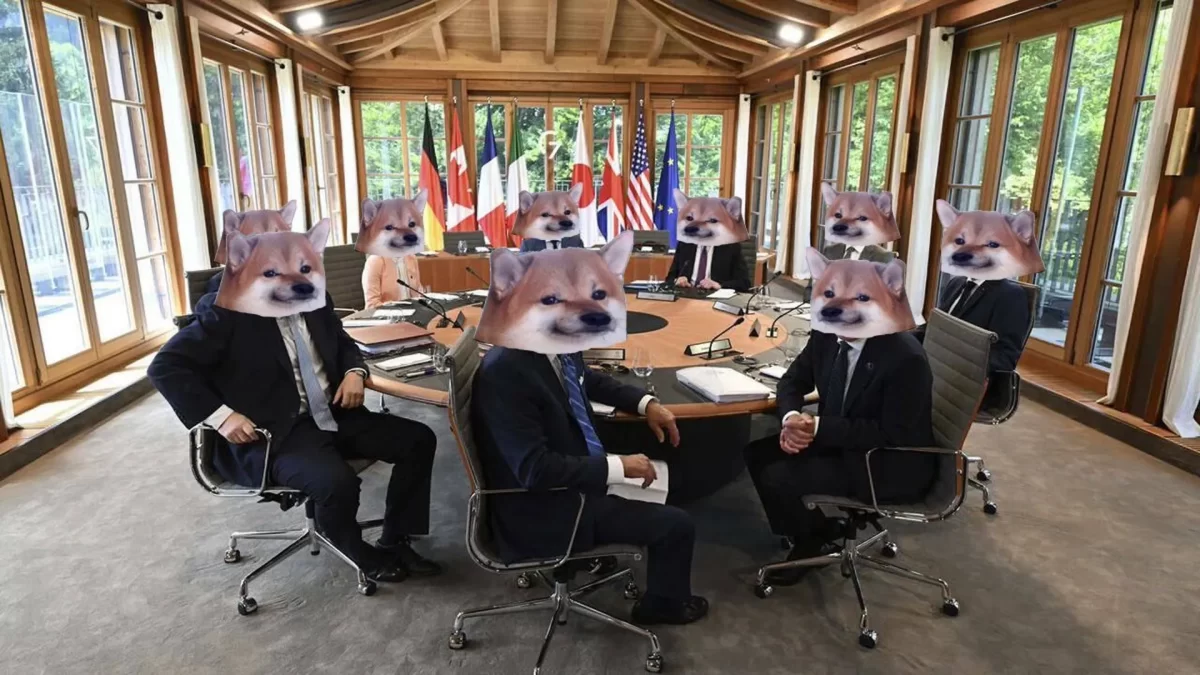
Research is ‘brave & bold’ in its focus
‘Olga Boichak is an outstanding recipient of the Max Crawford Medal,’ says Emeritus Professor John Griffiths FAHA, who leads the selection committee for the award.
‘The impact of her research is far-reaching, and it deals with major societal issues inherent with internet use – they go to our core humanitarian values and the fundamentals of our democratic society.’
‘Not only is it intelligent research, but it is also brave and bold in its focus on the current conflict threatening the existence of Ukraine. It is an outstanding example of the impact of humanities research in matters of urgent global concern and great human import.’
A heartfelt dedication
‘I’m grateful to my nominators and all those who have supported me on this journey. I am heartened to see the Australian Academy of the Humanities recognise the importance of public scholarship surrounding Ukraine at this time. The Max Crawford Medal gives me strength to continue this research and support other early-career researchers working at the intersection between war and media.’
‘I’d like to dedicate this medal to the hundreds of Ukrainian scholars and public intellectuals killed in Russia’s invasion of Ukraine.’
‘A whole generation of Ukrainian writers, artists, and researchers took up arms to defend Ukraine or were killed as civilians. These colleagues will never be able to continue their research, and I’d like to acknowledge their unfinished work as a recipient of this medal.’
Vice-Chancellor of the University of Sydney, Professor Mark Scott AO also congratulated Dr Boichak on her achievement.
‘Dr Boichak’s dedication and passion to the humanities is truly inspiring. Dedicating this honour to the Ukrainian researchers who have perished since the 2022 invasion is a powerful and poignant gesture. Her work not only honours their memory but also highlights the resilience and importance of academic pursuits even in the face of adversity. We are deeply proud to have Dr Boichak as a part of the University of Sydney community.’
As for the next steps in her career, Dr Boichak says she’s prioritising extending her research overseas and building bilateral academic relationships.
Read more about Dr Boichak’s work
>> Crowdfunding on the front lines in Ukraine

